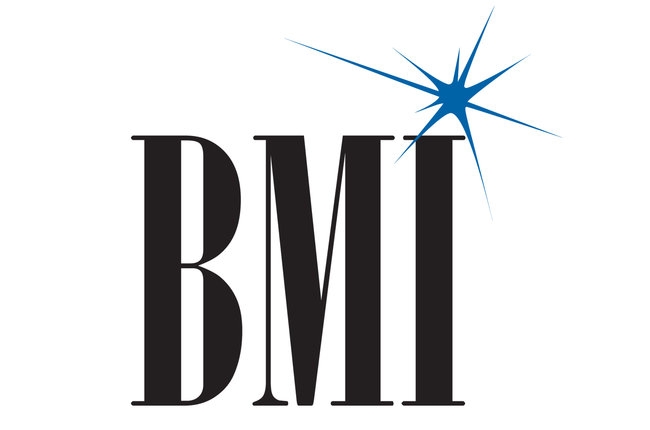The Department of Justice needs to modify its consent decrees with performing rights groups if it wishes to impose so-called "full-works" licensing, Broadcast Music Inc. said in its response to the DOJ's appeal of the rate-court decision that BMI's consent decree does not require full-works licensing nor prohibit fractional licensing.
When considering amending the separate consent decrees by which ASCAP and BMI operate under, the DOJ instead decided in June of 2016 to issue its own interpretation that if a song has more than one songwriter, a licensee (i.e., music user like Pandora or radio) only need get a license from one songwriter or its agent. This is called full-works licensing, AKA 100% licensing, and the DOJ claimed the consent decree requires it.
But music publishers and songwriters contend that the industry has long employed fractional licensing, meaning the music user must get a license from each songwriter agent. BMI sued the DOJ and, in Sept. 2016, rate court Judge Louis Stanton agreed with BMI. The DOJ then filed an appeal last November.
But according to today's BMI filing with the U.S. Second Circuit Court of Appeals in New York (submitted on behalf of BMI by Scott Edelman and other lawyers with Milbank, Tweed, Hadley & McCloy LLP), the performance right organization’s consent decree says nothing about fractional licensing or full-works licensing.
Under the Supreme Court’s decision in United States v. Armour, 402 U.S. 673 (1971), a party to a consent decree is enjoined only from engaging in those activities that are expressly and unambiguously prohibited within the four corners of the decree. Id. at 682,” according to the BMI filing. “Any activity not expressly mandated or prohibited by the decree falls outside of its scope and is not regulated by that consent decree.”
Consequently, BMI claims that either approach—full-works licensing or fractional licensing are permissible under copyright law.
“BMI’s appeal argument is extremely simple in that it comes down to the language of our decree,” BMI president & CEO Mike O’Neill said in a statement. “As Judge Stanton clearly stated, there is nothing in the BMI decree that prevents us from engaging in the industry-wide practice of fractional licensing.
BMI’s filing states that the DOJ’s contention that the consent decree requires full-works licensing and that if two songwriters, one from BMI and one from ASCAP, collaborating on a song agree that each can only engage in fractional licensing, then such works fall outside the BMI blanket and would be stranded works, or un-licensable by ASCAP and BMI.
Since full-works and fractional licensing aren’t mentioned in the consent decree, BMI contends that the DOJ is pressing the court “to look beyond the plain text of the Decree and find an implied prohibition against fractional licensing.”
But BMI’s response also argues that if those songs where the songwriters have agreements directing fractional licensing are excluded from the repertory of the BMI blanket license—as interpreted by the DOJ—then those songs are not regulated by the consent decree and BMI is free to license such fractional interests, anyway.
If BMI meets the contended obligation of offering full-works licenses to music users, the consent decree still doesn’t prohibit BMI from additionally offering fractional interests in the performance rights of such works, according to the filing.
“To the extent the Government presses a policy position, it must seek modification of the decree,” the BMI filing states. Consequently, “there is only one question for the Court to resolve: whether the Consent Decree contains an express prohibition on fractional licensing. The answer to that is plainly no. The District Court’s decision should be affirmed.”
But O’Neill warns the DOJ’s interpretation would have a significant impact on licensing. “What is not simple, however, is the impact the DOJ’s interpretation of our decree would have on the marketplace,” O’Neill continued in his statement. “It would stifle competition, hinder collaboration and unfairly benefit music users at the expense of the American songwriter. As always, we hope for the opportunity to sit down with the new leadership of the DOJ to educate it about the negative ripple effect its 100% licensing interpretation would have on the entire music industry.”
But the new leadership at DOJ is not fully in place. In April, Makan Delrahim was appointed by the Trump team to lead the DOJ’s anti-trust division. His appointment was approved by the Senate Judiciary Committee 19 to one in June, but like many other Trump appointees, his fate is in limbo, awaiting Congressional approval.








